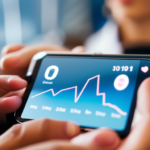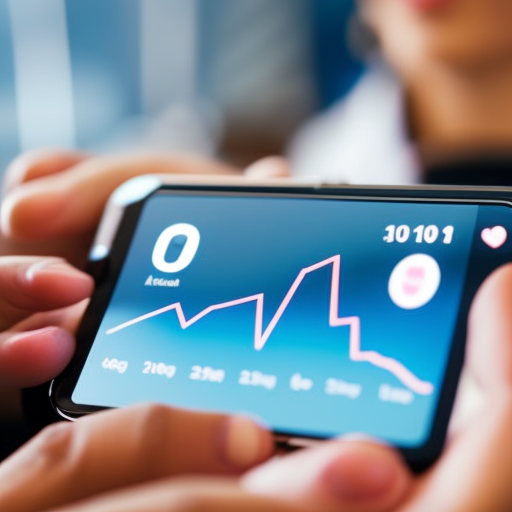Summary:
mHealth, short for mobile health, refers to the use of mobile devices, such as smartphones and tablets, for healthcare services and information delivery. It encompasses a wide range of applications and technologies that aim to improve healthcare access, delivery, and outcomes. mHealth has the potential to revolutionize healthcare by providing remote patient monitoring, health education, medication reminders, and more. However, challenges such as privacy concerns and limited access to technology need to be addressed for mHealth to reach its full potential.
Overview:
mHealth is a rapidly growing field that leverages the ubiquity of mobile devices to deliver healthcare services and information. It encompasses a wide range of applications, including health monitoring, remote consultations, health education, and data collection. By utilizing mobile technology, mHealth has the potential to overcome traditional barriers to healthcare access, particularly in underserved areas.
Applications of mHealth:
- Remote patient monitoring: mHealth allows healthcare professionals to remotely monitor patients’ vital signs, such as heart rate, blood pressure, and glucose levels. This enables early detection of health issues and timely interventions.
- Health education: Mobile devices can deliver health information and educational materials to individuals, promoting healthy behaviors and disease prevention. Apps and websites provide access to reliable health resources, empowering users to make informed decisions about their well-being.
- Medication reminders: Mobile apps can send reminders to patients to take their medications on time, improving adherence to treatment plans and reducing the risk of complications.
- Appointment scheduling and reminders: mHealth platforms enable patients to schedule appointments and receive reminders, reducing no-show rates and improving healthcare efficiency.
- Telemedicine: Through video conferencing and messaging platforms, patients can consult with healthcare professionals remotely, eliminating the need for in-person visits, especially for non-emergency cases.
- Public health surveillance: mHealth technologies can collect and analyze health data in real-time, aiding in the early detection and response to disease outbreaks and other public health emergencies.
Benefits of mHealth:
- Improved access to healthcare: mHealth can reach individuals in remote or underserved areas, providing them with healthcare services and information that would otherwise be difficult to obtain.
- Enhanced patient engagement: By empowering individuals to take control of their health, mHealth encourages active participation in healthcare decision-making and self-management.
- Cost savings: mHealth can reduce healthcare costs by minimizing the need for in-person visits, hospital readmissions, and unnecessary diagnostic tests.
- Efficient healthcare delivery: By streamlining processes such as appointment scheduling and data collection, mHealth can improve the efficiency of healthcare delivery, allowing healthcare professionals to focus on patient care.
- Real-time monitoring and interventions: mHealth enables continuous monitoring of patients’ health status, facilitating early detection of abnormalities and timely interventions.
Challenges and considerations:
While mHealth holds great promise, several challenges need to be addressed for its widespread adoption and effectiveness:
- Privacy and security: As mHealth involves the collection and transmission of sensitive health data, ensuring privacy and security is crucial to gain users’ trust and protect their information.
- Technological barriers: Limited access to mobile devices and internet connectivity in certain populations can hinder the adoption of mHealth solutions, particularly in low-resource settings.
- Regulatory considerations: The use of mHealth technologies must comply with relevant regulations and standards to ensure patient safety and data integrity.
- Health literacy: To fully benefit from mHealth, individuals need to have the necessary digital literacy and health literacy skills to understand and use the available tools effectively.
- Integration with existing healthcare systems: Seamless integration of mHealth solutions with existing healthcare systems is essential to avoid fragmentation and ensure continuity of care.
In conclusion, mHealth has the potential to revolutionize healthcare delivery by leveraging mobile devices to provide remote monitoring, health education, and improved access to healthcare services. While there are challenges to overcome, the benefits of mHealth are significant, including improved patient engagement, cost savings, and efficient healthcare delivery. With continued advancements in technology and addressing the associated challenges, mHealth can play a vital role in transforming healthcare for the better.












